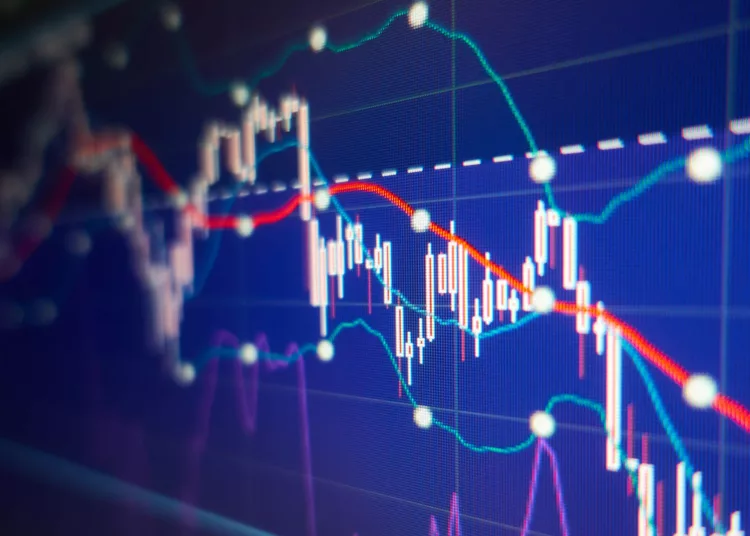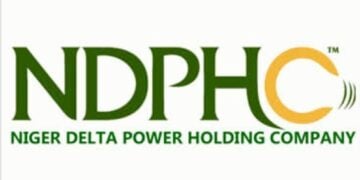As Nigeria celebrates its 65th Independence anniversary on Wednesday, equity investors in the capital market have gained N33.3 trillion between last Independence Day and the current anniversary.
LEADERSHIP analysis of the equities market in the last year revealed that the overall market performance measured by the All-Share Index (ASI), which tracks the general market movement of all listed equities on the Exchange, rose by 44.21 per cent to close at 142,133.03 points on September 26, 2025, from 98,558.79 points it closed on September 30, 2024.
Also, the market capitalisation gained N33.325 trillion to close on September 26, 2025 at N89.960 trillion from N56.635 trillion at which it opened for trading activities on October 2, 2024.
The Nigerian stock market has demonstrated unprecedented strength, with record-breaking turnover values and increasing domestic participation.
The Nigerian stock market has been positioned as one of the best-performing in Africa, driven largely by gains in companies that have posted robust earnings reports and attracted increased buy-side activity. This impressive rally has brought the index to a new threshold, indicating sustained momentum and broader market optimism.
Recall the Nigerian Exchange (NGX) has a rich history that spans over six decades. The Lagos Stock Exchange was established in 1960, with the primary goal of facilitating the trading of securities in Nigeria.
The Lagos Stock Exchange was renamed the Nigerian Stock Exchange (NSE) in 1991, reflecting the growing importance of the exchange in the Nigerian economy while in 2021, the exchange rebranded as the Nigerian Exchange (NGX) Group, reflecting its evolution into a multi-asset exchange.
Throughout its history, the NGX has played a crucial role in facilitating the growth and development of the Nigerian economy. Today, the exchange continues to provide a platform for companies to raise capital and for investors to buy and sell securities
Speaking on market performance, the managing director of HighCap Securities Limited, David Adonri highlighted “the impressive performance of the equities market from October last year to this September, reporting an overall appreciation of over 37 per cent.
This indicates a robust trading environment, underscored by increased volume and value of trades, alongside a notable influx of foreign investors engaging with the market over the past year.”
He stated that “the past year has been marked by active participation in the capital market, particularly with new listings from Banks contributing to overall market dynamism.”
Reflecting on the historical perspective, Adonri said that the market began in 1960 predominantly as a platform for debt instruments, with only a few securities listed as equities, saying, “the shift began in the 1970s, particularly noting the first unionization exercise in 1972, which encouraged foreign entities to list their equities. This pivotal moment began to tilt the market’s balance in favor of equities, a trend that was further reinforced by subsequent unionization efforts in 1978.
“As the federal government stopped issuing public debt due to increased crude oil earnings, the dynamics of the market continued evolving. By the year 2000, a resurgence of federal government debt instruments added to the market mix but did not diminish the preeminence of equities, which now significantly outvalue debt securities in market capitalisation.”
He pointed out that, “from 1997 to 2007, the market enjoyed a decade of growth, culminating in a peak in March 2008, followed by a significant downturn. However, subsequent macroeconomic reforms initiated a recovery that has led to what is popularly known today as the “Tinubu Boom,” marking a renewed phase of market vitality since President Bola Tinubu took office in 2023.
While the intensity of this boom has moderated compared to its earlier stages, the market remains stable and continues to perform effectively.”
Looking ahead, Adonri noted that ,”it is essential for the government to focus on sustaining the positive trajectory of the market. Key drivers of performance will rely heavily on ongoing macroeconomic reforms. The existing infrastructure and operational efficiency of the market are robust, which supports investor confidence. Continued commitment to these reforms will be crucial in fostering a favorable environment for investors.
“Moreover, the availability of diverse financial instruments is vital. Policy can play an instrumental role in promoting qualified enterprises to list their securities, thereby enhancing market stability.”
Meanwhile, the CEO, Sofunix Investment and Communications, Sola Oni said, “the Nigerian capital market has survived, but not yet thrived. Structurally, it has matured. We have good platforms, unlike those days, when the former Nigerian Stock Exchange (now NGX) was more of a monopolist.
“We now have the Lagos Commodities and Futures Exchange (LCFE), FMDQ Plc, NASD Plc and other exchanges in the capital market ecosystem. A lot has been achieved in the regulatory frameworks. But economically, the Nigerian capital market hasn’t delivered its full potential. It remains underutilised in financing development and empowering the real sector. The market must stop being a side show. It should be central to our economic agenda.”
Afrinvest Limited stated that following the stellar 31.3 per cent return in 2024, which positioned the Nigerian equities market as one of the best-performing in Africa, investors approached 2025 with optimism.







